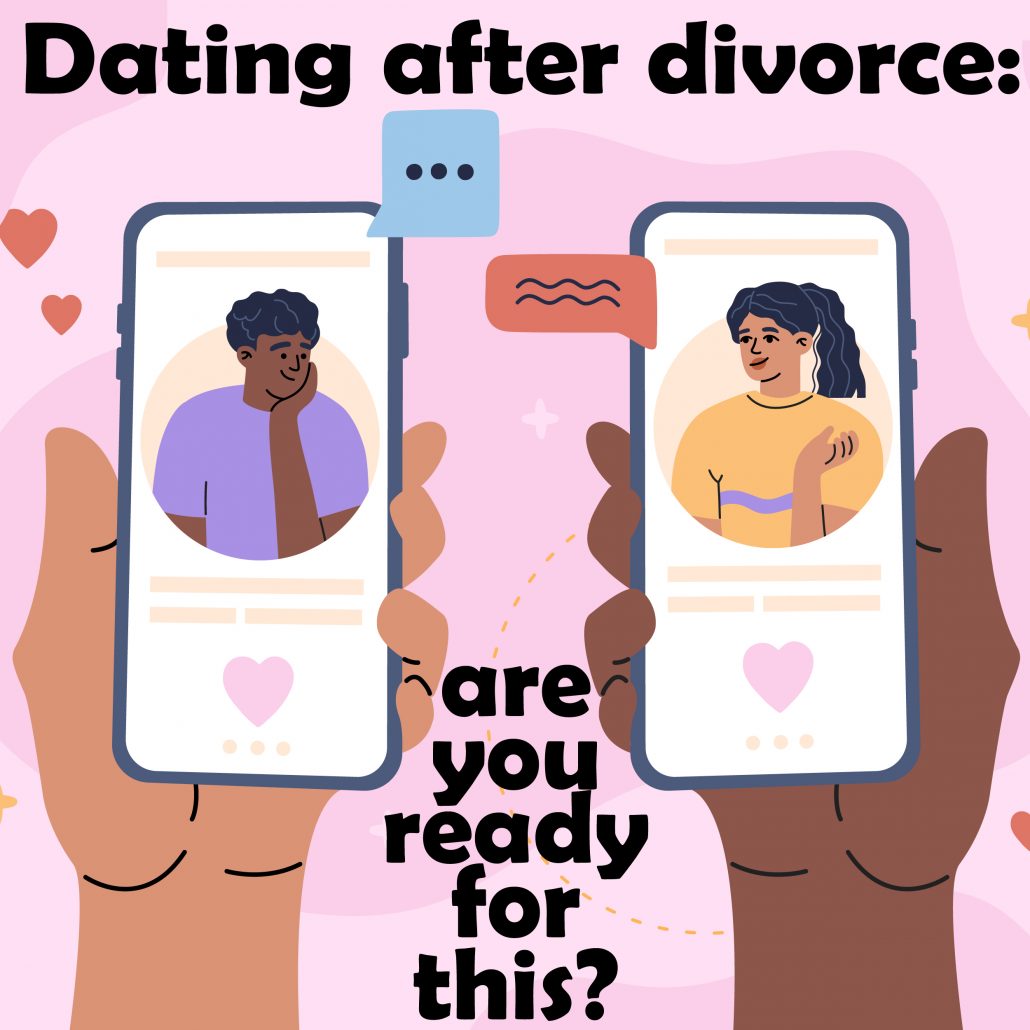Confessions of a Millennial Step-mom
Zelena van der Leeden, MC, CDC® and Jake W. Purdy, PMP, CDC® are the Co-founders of Divorce Management, the first multi-lingual divorce coaching firm in North America. Divorce Management operates on a “pay what you can” model offering certified Divorce Coaching and Divorce Transition and Recovery Coaching. Further details can be found on their website.
When I was little, my biggest fear was that my mom would die and that my dad would remarry an evil woman: I did not want to end up like Cinderella or Snow White! I hated Meredith from the Parent Trap and I cried myself to sleep for days after watching Stepmom (both released in 1998 when I was 13). My parents stayed together until I was a young adult, so I never had a wicked stepmom, but I did become one…
I got married young and had the perfect Disney family for a while, but dad and I separated when my babies were 2 and 4. Being a single parent was the most difficult and enriching experience of my life. I bonded deeply with my children and I will forever cherish the times when it was just the three of us. When the kids were with dad, I traveled as much as I could and I spent a lot of time alone. It was during this time when I figured out who I really was and what I truly wanted out of life.
I did not plan to meet my fiancé and business partner while going through a divorce (he was going through one too!), but I believe we were meant to be together. We did not want to introduce ourselves to our respective children, but on a rainy day, we bumped into each other at the only indoor play structure in the neighborhood. We told the kids we were friends and they played together for hours (they were 4, 5, 6 and 7 at the time).
Motherhood is a never ending job and we learn to adapt our parenting tactics as we all grow. I have been a step-mom for over 2 years and it has been a fun and wild ride! When you parent your own children, you allow yourself to fully express your emotions, but when you are a step-mom, you second-guess your every move: am I too strict? Too lenient? Will they think I am trying to replace their mom? What should they call me?
I always consult with experts when I have doubts and we were told to be our authentic selves and to follow the children’s lead. Children respond to love and that is what we did. We never forced them to call us by a specific name or title and we treat them all the same way. They also look alike, so when we go out people think they are biological siblings and the kids don’t like it when we correct them, so we just play pretend during short interactions. They love to pretend they are two sets of twins when strangers start asking too many questions and we always share a good laugh afterwards.
My biological kids also have a step-mom and they love her. She loves doing crafts and baking, (two things I suck at), which is why I love the term “bonus mom”. Movies have turned most step-moms into villains or slutty milfs, but to me, we are just a bit of extra love and attention. Who wouldn’t want that for their kids? And yes, I am aware that there are some evil step-parents out there, but there are also abusive and neglectful biological parents. Most of humanity is good, so let’s not focus on the few that give a bad rep to the rest of us.
There is no competition, there is no replacement. If you are a step-parent and you truly love your step-children, tell them. Spend time bonding with them and don’t be afraid to discipline them, but stay true to yourself. Don’t try hard! Be patient and kind and time will take care of the rest.
Written by: Zelena van der Leeden, co-founder of Divorce Management




